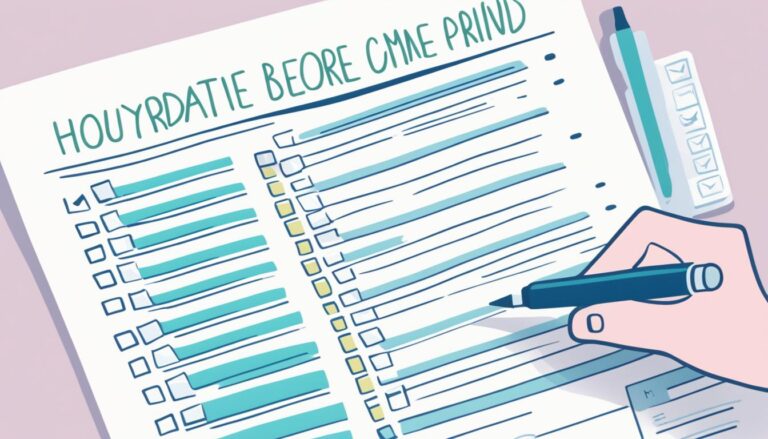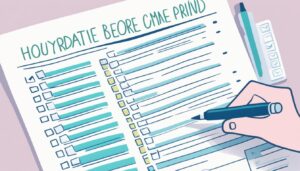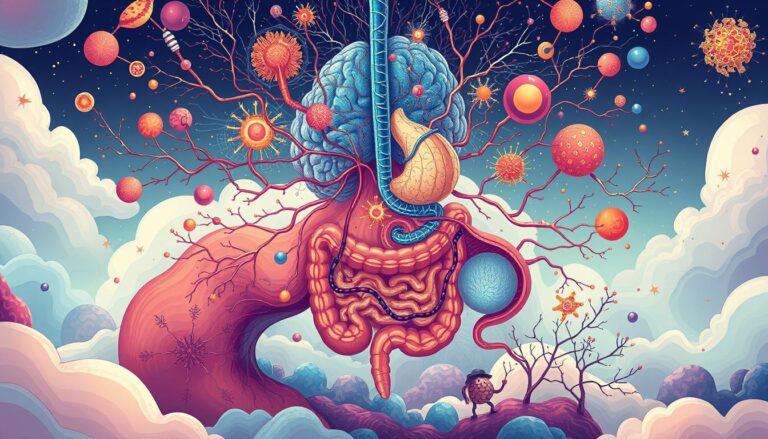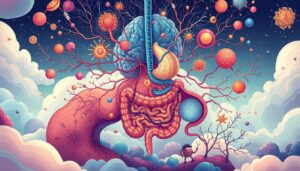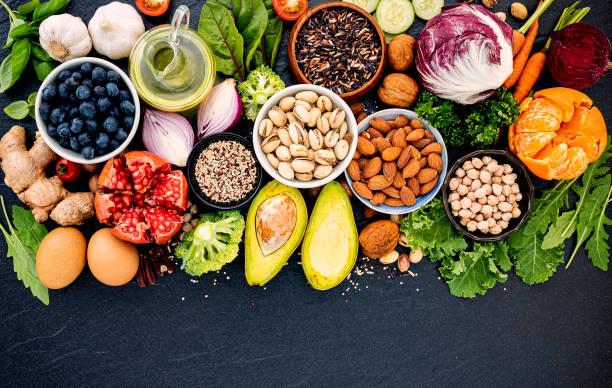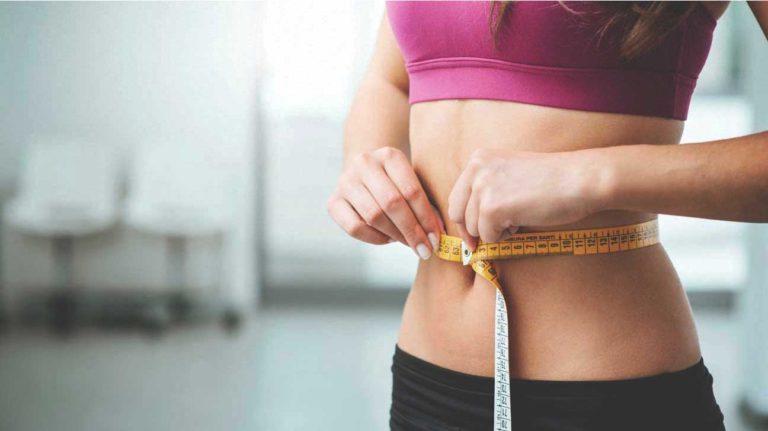When it comes to good sleep both quality and quantity matter. Most adults need to sleep for seven to nine hours, depending upon what happens during sleep time. If it takes more than 30 minutes to fall asleep, if you wake up at night more than once and find it hard to fall back asleep even after 20 minutes, then surely, your sleep quality is poor. No matter how long you sleep, you are going to feel tired the next day. Age factor should be considered because old people find it harder to have a sound sleep.
TIPS TO SLEEP BETTER AT NIGHT NATURALLY
- Increase your bright light exposure during the day: Daily sunlight or artificial light exposure is likely to help you if you have insomnia or other severe sleep issues.
- You need to reduce blue light exposure in the evening: Exposure during the day is much needed but during the night it has the opposite effect. Exposure during the night tricks your brain into thinking that it’s still daytime which in turn reduces the melatonin hormone that helps us relax and get sleep. Blue light is emitted by mobile phones and computers which is the worst damage for someone who is finding it hard to sleep. Wear blue-blocking glasses or avoid apps that block blue light on your device to avoid exposure to blue light. Turn off your TV before heading to your bed.
- 3. Don’t consume caffeine in the evening: Caffeine can increase your focus, performance in sports, and energy when you are not feeling your best. It’s all about timing when it comes to caffeine, if consumed later, it stimulates your nervous system, making it hard for the body to relax. If you crave coffee in the evening, try decaffeinated coffee.
- Avoid taking naps during the day: Irregular or long naps can affect your sleep as they may disturb your inner clock. It depends on the individual and regular naps do not impact your inner clock.
- Sleep and wake up at fixed timing: Staying consistent with your sleep and wake-up timing can help in good sleep quality. If you struggle with sleep, try this trick, after a while, you might not even need an alarm.
- Avoid alcohol: Drinking at night can affect your hormones the way you don’t want at all. Alcohol increases the risk of sleep apnea, disturbed sleep and causes us to snore. Alcohol affects melatonin production so it should be avoided.
- Don’t eat late in the evening: Consuming a large meal before sleep may cause difficulty in falling asleep as it affects melatonin and eventually a good night’s sleep. Having a high-carb meal right before our bedtime is said to disrupt our sleep.
FOODS THAT HELP YOU SLEEP BETTER
- Kiwi: Kiwi possesses vitamin C and E, potassium, and folate. It helps in sleeping better because of serotonin and antioxidant properties.
- Fatty fish: Fatty fish is known to increase the level of omega-3 fatty acids and vitamin D which are known to regulate sleep. This study studied people who were consuming salmon 3 times a week during wintertime.
- Nuts: Nuts like almonds, walnuts, cashews, and pistachios are often considered to be good for sleep. Nutrients like melatonin, magnesium, and zinc are known for regulating a lot of bodily processes.
- Rice: Rice, especially taken before 4 hours of bedtime is known to enhance sleep quality. Carbohydrates if consumed with protein that has a high level of tryptophan are known to better the sleep quality. Tryptophan is a sleep-promoting amino acid.
- Balanced diet: A balanced and consistent diet is key to sound sleep. A diet that is full of vitamins and minerals is very important for a sound sleep. The Mediterranean diet is known to be ideal if you are struggling with poor quality sleep. Try not to eat late at night because it might facilitate acid reflux and your body is not digesting food late at night.
FALLING ASLEEP WITHIN 5 MINUTES
If you want to fall asleep quickly, you can follow these techniques:
- Guided Meditation: Doing guided meditation has the capability of relaxing our muscles, it involves imagining peaceful and soothing scenarios and one can easily drift off to sleep.
- Paradoxical Intention: Sometimes when we try to fall asleep, the pressure to sleep does not let us sleep. So, we can just lay in bed, without feeling the pressure, this is called reverse psychology.
- Stimulus Control: This technique is just establishing a link between an individual’s bed and sleep to enhance sleep quality. You can try: Only sleep when you feel tired and if you don’t feel sleepy within 15 to 20 minutes, get up. Only use a bed for sleeping and not for any other purposes like reading or watching TV. Get up at the same time every day. Do not look at the wall clock as it will only promote wakefulness.
HOW TO SLEEP BETTER WITH ANXIETY
Many people with sleep disorders have trouble sleeping. You can try the following tips and tricks to sleep better if you have anxiety:
- Go to sleep and get up at the same time, throughout the week.
- Avoid caffeine at all costs as it takes 8 hours to wear off and can even cause panic attacks.
- Read, listen to music, do deep breathing, avoid TV
- If you are taking any medication, check with your doctor so that it can be rectified if the medication has any stimulants in it. Never worry or stress too much, it’s not going to add quality to your life.
We, at Dr. Good Deed, are here at your service, contact us because we want to make the world a better place, and we believe in doing one good deed at a time. Dr. Good deed is the best Neurologist and Gastroenterologist Healthcare in Patna.



